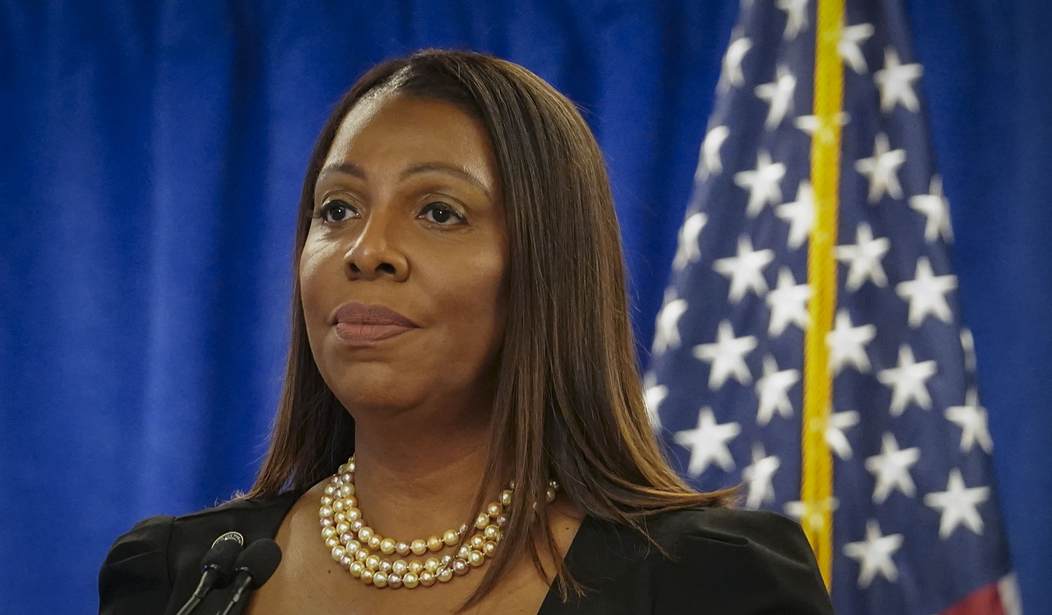Over the last few decades, there has been a movement to use the court system to fix all of society’s ills. High profile lawsuits have cropped up throughout the country promising to address a broad range of issues, yet not every problem can be cured by litigation. Further, many of these lawsuits clog our court system and may not be in the public interest. As such, we must be careful to avoid those litigation wars that do more harm than good.
Some of the most high-profile litigation in recent years has centered around the opioid crisis. Undoubtedly the opioid epidemic is a tragedy that will require contributions from many parts of society. As a former Governor, I know how hard the states have worked to ensure that companies throughout the drug supply chain contribute financially to education, treatment and recovery programs for a crisis that was caused in part by the misuse of their product. However, it is important to put that accountability in proper context and heed the lessons from the nationwide tobacco litigation and settlements from the 1990’s.
As Administrator of the Drug Enforcement Agency (DEA) in 2001, I signed a joint statement with pain management physicians that acknowledged the need for controls on opioids while recognizing that there is a legitimate need for these prescription medications in pain management as well. This statement was important to set the right tone in enforcement and education. Now, we have greatly improved the critical controls to protect the public and patients – progress that was not solely the result of lawsuits.
To date my home state of Arkansas has secured more than $227 million to help fight the opioid crisis. Importantly, Arkansas has strict regulations around contingency fees and transparency around those fees in place which helped to ensure that more resources were allocated to victims impacted by the epidemic. By reaching equitable settlements with many of the parties involved, instead of engaging in long and drawn-out litigation, resources have been able to hit the ground faster to fund several new and innovative programs in the state.
Recommended
While such stories may be encouraging, the fact remains that often the courtroom is not the place to make such progress. Today, far too many attorneys general and other local officials – oftentimes spurred on by trial attorneys looking to earn a handsome portion of any ultimate settlement – engage in a variety of other lawsuits with an aim not of securing justice but seeking specific financial and policy ends.
For example, more than two dozen lawsuits have cropped up across the country targeting oil and gas companies for their alleged role in causing climate change. While a large financial windfall is certainly an inducement in these cases, the end goal is to use these lawsuits to reduce emissions by bankrupting traditional companies, drastically changing the way Americans receive and consume energy. This is not something for the courts, but for Congress to decide.
Now, many of these same politically motivated officials have opened a new line of attack on the oil and gas industry by targeting companies in the energy and petrochemical industries for their role in creating an alleged “plastics pollution crisis.”
Attorneys general in Connecticut, Minnesota, and New York have all filed lawsuits alleging that the plastics industry has made misleading recycling claims. And while at least one of these lawsuits has since been settled, just this week California entered the fray with what will likely be the largest case to date. Such litigation, combined with the fact that attorneys general from across the country and their staffs are continuing to organize for a plastics litigation war show how these efforts appear to be gaining steam.
At every turn in my career, I’ve taken a stand against government overreach and that is what I believe is truly wrong here. Attorneys general should not use their office as a vehicle for trial attorneys to target industries they deem bad actors or as conduit to pursue a political agenda that circumvents the separation of powers as outlined in the constitution.
There are many ways to rectify this issue. Bringing transparency and sunlight to how state attorneys general utilize contingency fee contracts and requests for outside counsel is a welcome start. But ultimately, ensuring that our elected officials exercise restraint and do not use litigation as a stand in for legislation will be necessary to protect against governing by lawsuit.
Asa Hutchinson is an attorney who previously served as the 46th governor of Arkansas and Administrator of the Drug Enforcement Administration.
























Join the conversation as a VIP Member